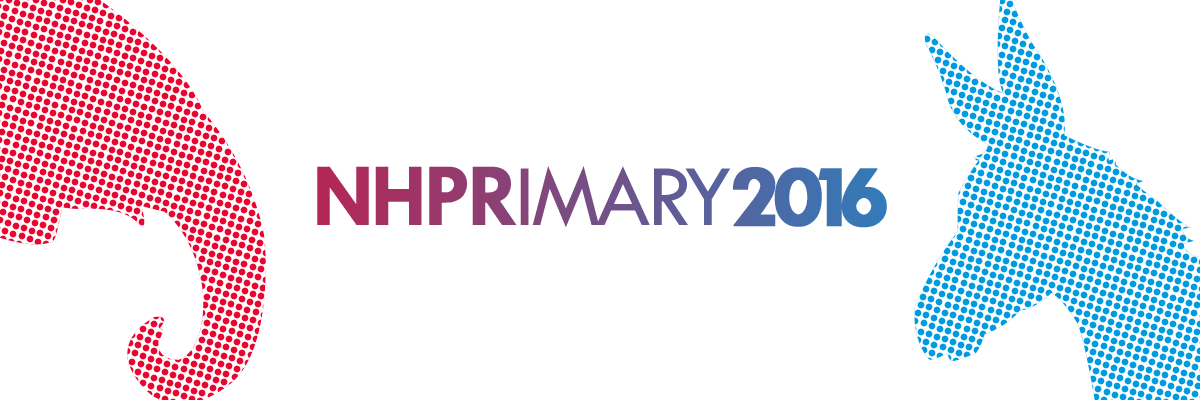By THOMAS HARTWELL

Ohio Gov. John Kasich paid a visit to Kennesaw State University, Tuesday for a town hall before the very important Super Tuesday presidential primaries. Kasich has been trailing in the first few primaries, excluding New Hampshire where he placed second.
Kasich began with a short speech, before opening up the floor to questions from the crowd. Members of the audience wasted no time getting down to business with the first question referring to Kasich's lack of attack tactics on the other Republican candidates: How are you going to "stick it to" Trump and the others in the coming elections? Kasich addressed the question in two parts, first addressing his preference for town hall meetings.
"The worst way we can pick a president is in these stupid debates," said Kasich. "I believe [town halls are] the way for you to see somebody's head and somebody's heart."
Then addressing the specific question: "In terms of sticking it to somebody, I ain't gonna do that," said Kasich. "It's time to end all the negative campaigning and all the dirt in politics."
Kasich took the intimate setting as an opportunity to interact with individual audience members, addressing a few with, "Right, sir?" or, "What do you think?" throughout the meeting.
 |
| An audience member asks Kasich how he'll "stick it to" other candidates leading into important primaries at KSU town hall. Photo by Thomas Hartwell |
"I don't know if my purpose is to be president," Kasich said. "My purpose is to be out here doing what I think I need to be doing, and we'll see where it ends up."
 |
| Kasich addresses a KSU student and listens to his question at KSU town hall, Tuesday. Photo by Thomas Hartwell |
Alright, so the hard news portion is over, now let's get to the part I know you care the most about... my opinion (wink, wink, nudge, nudge).
Kasich did well to talk on people's level and try to give some stories with feeling. He joked, he hugged, he took pictures, he even pointed out a little girl early on, calling her beautiful -- the crowd loved it. BUT. He absolutely should be far more aggressive. I don't mean the kind of mindless mudslinging associated with the Trump campaign, but at least tell people why you're a better presidential candidate than Trump, Rubio, Cruz, Carson -- give us something. (You have a chance tonight in the CNN debate...)
There were also times during connections with specific audience members that Kasich appeared to be uncomfortable. Notably, in one interaction, he handed the microphone to a KSU student after asking a fairly vague, seemingly rhetorical question, rendering her utterly "deer in the headlights."
While I think Kasich has the purest of intentions and genuinely wants to try to do good for America, I was not impressed with his rhetoric or his presentation and -- sorry, John -- I think it would be better for the Republican party if he dropped out and backed his favorite rival.








